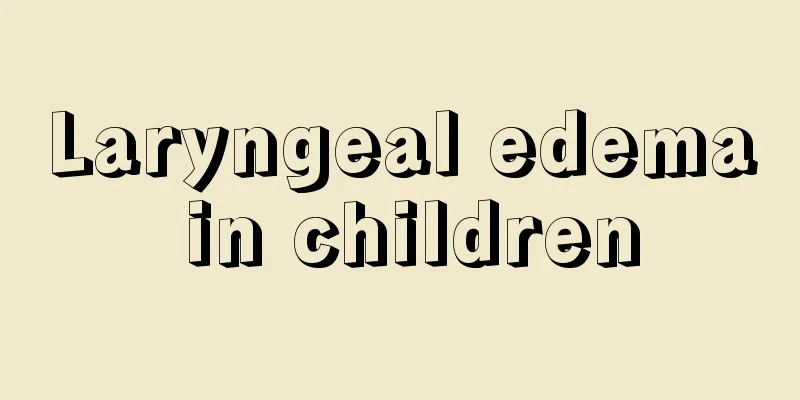What is the cause of newborn spit-up?

|
It is very easy for newborns to regurgitate milk. The reason is that the stomach of a newborn is mainly in a horizontal position and the bottom of the stomach is flat, so the contents are easy to overflow. In addition, if the feeding posture is incorrect, milk regurgitation will occur easily. 1. The baby's stomach is horizontal, the bottom of the stomach is flat, and the contents can easily overflow. After standing and walking, the diaphragm descends and the effect of gravity gradually turns it into a vertical position. In addition, the stomach capacity of newborns is small, the stomach wall muscles and nerves are not yet fully developed, and the muscle tone is low, all of which can easily cause milk regurgitation. 2. The sphincter of the cardia (near the esophagus) of the newborn's stomach is not as well developed as that of the pylorus (near the duodenum), which makes the stomach outlet tight and the entrance loose. When the baby lies flat, the contents of the stomach can easily flow back into the esophagus and overflow with milk. 3. Improper feeding methods, the baby eats too much milk, the mother's nipples are inverted, or the bottle is empty or the nipple is not full of milk, etc., which will cause the baby to swallow a lot of air and cause milk regurgitation. 4. Frequent changes in body position after feeding can also easily cause milk regurgitation. New mothers, please note! Spitting up and spitting up are not the same thing In order to correctly treat and deal with the baby's spitting up problem, we must first understand what spitting up is, and distinguishing between spitting up and spitting up is the first thing we need to understand. Any mother who has experience in raising a baby will take the baby's spitting up lightly and will tell new mothers that spitting up is normal and there is no need to worry. In fact, this is true. Spitting up is normal for most babies. A more reasonable name for this type of spitting up should be "spilling milk". Spitting up milk refers to the pressureless and non-jet-like overflow or spitting out of the baby's mouth after feeding, with no change in facial color and no crying after spitting up. It is mainly related to the physiological characteristics of the infant's stomach. The infant's stomach is horizontal, with a small stomach capacity, and the sphincter at the end of the esophagus is not yet fully developed. If the feeding is improper, such as excessive feeding, improper feeding posture, turning over too early after feeding, or being amused, spilling up milk will occur. |
<<: Is teeth cleaning good for children’s teeth?
>>: What to do if your child has prickly heat
Recommend
What to do if your child has intellectual disability?
For pregnant women, why do they need to have regu...
What should I do if my child keeps coughing after having a fever?
What’s going on with my one and a half year old b...
There is a bump on the back of the baby's head
Many parents have found that their children have ...
What to do if pus comes out of the baby's belly button
Pus in the baby's belly button is most likely...
What to do if baby has eczema
Infant eczema and flaking are common skin allergy...
What to do if baby has white spots on nose
Most babies have white spots on the tip of their ...
Why do newborn babies yawn?
Many mothers will find their babies yawning right...
Does the baby need to take anti-inflammatory medicine for red and swollen gums?
Although toothache is not a serious problem, the ...
What should I do if there is a bright light on the baby's heart?
Many pregnant mothers will find a strong light in...
How to measure children's IQ?
Many parents are very concerned about their child...
When do little girls wear underwear?
Puberty is particularly important for girls. It i...
Children's safety education
For children, as long as they can play with it, t...
What causes black spots on one-year-old baby's teeth?
Teeth are an important part of our lives and an i...
What are the precautions for babies to bask in the sun?
Regular sunbathing has certain benefits for the b...
There is an eye on the child's asshole
There is a hole on the child's anus, which is...









